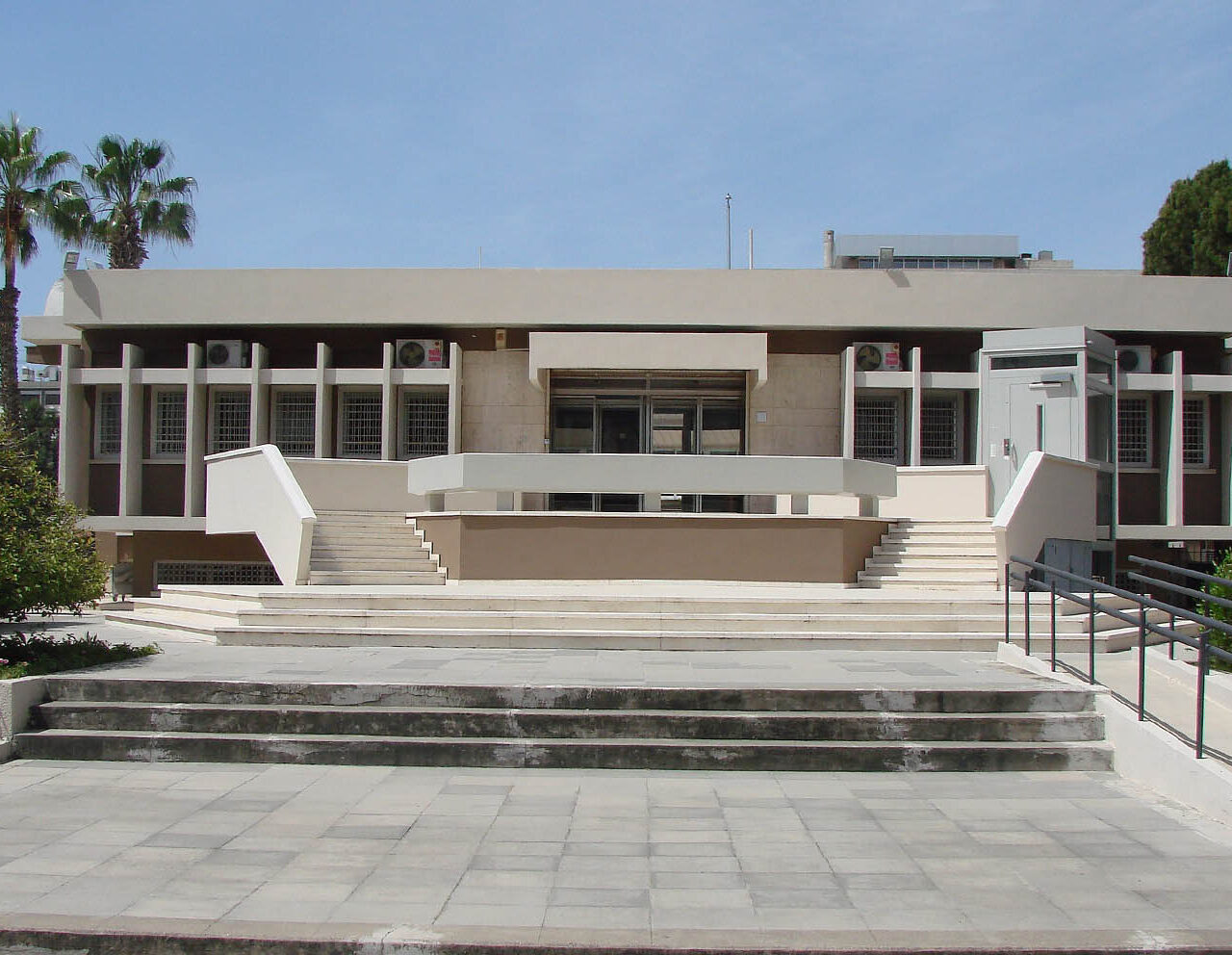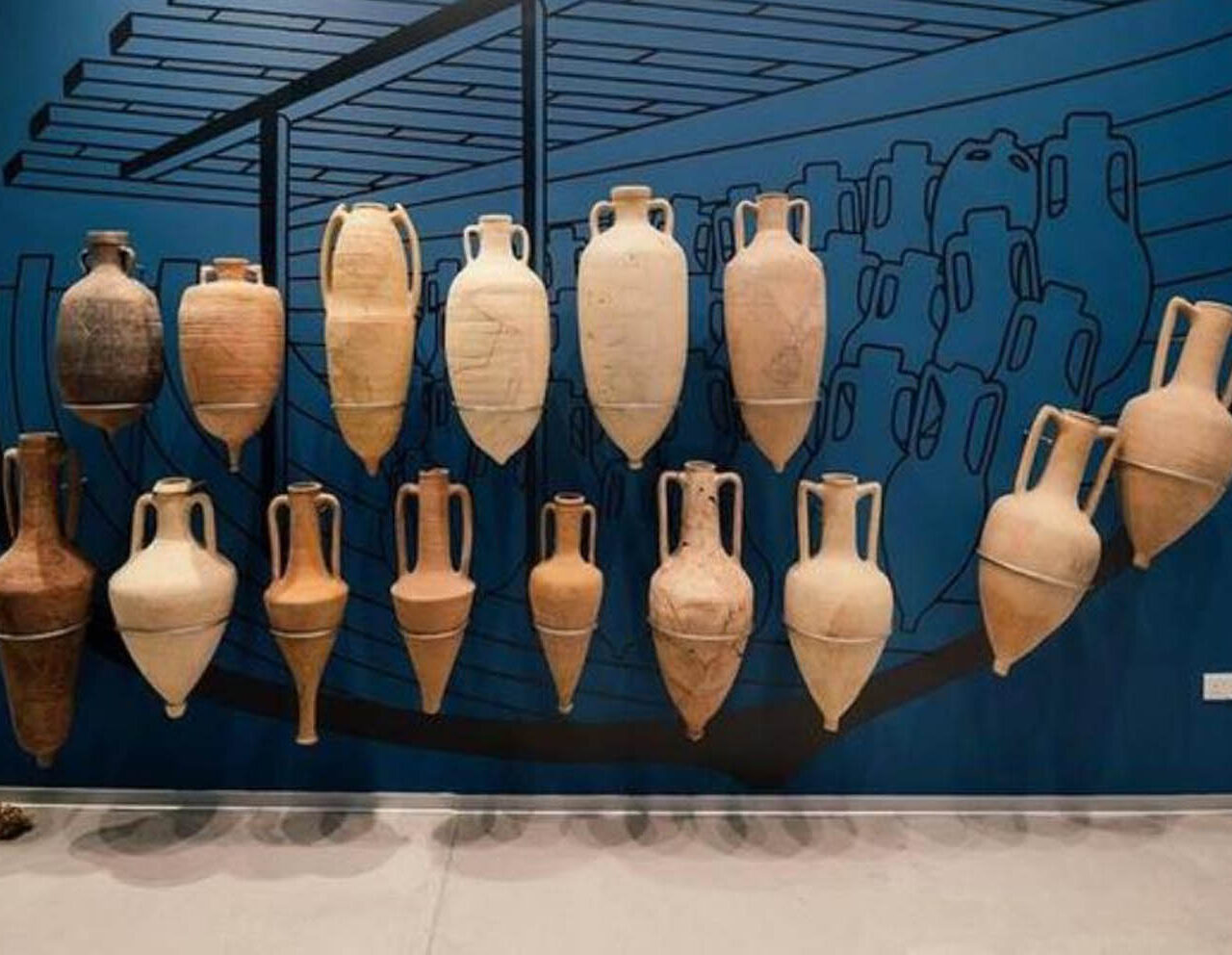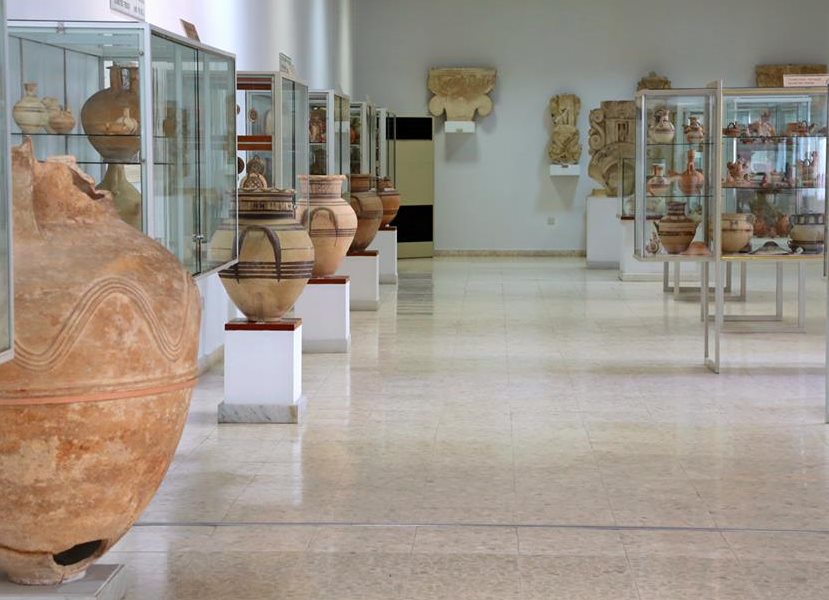A Visitor's Guide to MuseumsLimassol
Plan your visit
Beat the Heat
Stay Hydrated
EasyConferences
Limassol Archaeological Museum
Limassol Archaeological Museum
Located in the heart of Limassol, the Archaeological Museum houses a rich collection of artifacts spanning Cyprus’s history from the Neolithic to the Roman period. Visitors can explore pottery, sculptures, and jewelry, providing insights into the island’s ancient civilizations.
Cultural AttractionsLimassol
- Museums
- Historical Monuments
- Religious Sites
- Galleries
Limassol Castle Museum: Originally built during the Middle Ages, the castle has served various purposes over the centuries, including as a prison and a royal residence.
Carob Mill Museum: Located in the renovated Carob Mill complex, this museum celebrates Limassol’s agricultural history, focusing on the cultivation and processing of carob. Visitors can learn about the importance of carob in Cyprus’s economy through interactive exhibits and demonstrations.
Cyprus Wine Museum: Housed in a renovated 19th-century building, the museum showcases the island’s rich viticultural heritage through an extensive collection of artifacts, tools, and equipment used in winemaking throughout the ages.
Paradox Museum: This innovative museum explores the concept of paradox through a series of interactive exhibits, optical illusions, and mind-bending installations. More Information
Limassol Castle: A medieval fortress, which houses the Cyprus Medieval Museum, showcasing artifacts from the island’s rich history.
Kourion Archaeological Site: An ancient city-kingdom, where you can admire well-preserved Roman villas, an ancient theater, and the Temple of Apollo.
Kolossi Castle: A 13th-century castle, once a stronghold of the Knights Templar, and learn about its fascinating history.
Limassol Castle: A medieval fortress, which houses the Cyprus Medieval Museum, showcasing artifacts from the island’s rich history.
Kourion Archaeological Site: An ancient city-kingdom, where you can admire well-preserved Roman villas, an ancient theater, and the Temple of Apollo.
Kolossi Castle: A 13th-century castle, once a stronghold of the Knights Templar, and learn about its fascinating history.
Limassol Carnival: It is one of the most famous and lively events in Cyprus, held annually in February or March. The festivities include colorful parades, elaborate costumes, street parties, and music, creating a vibrant atmosphere that attracts both locals and visitors. The highlight is the Grand Parade, where floats and groups of participants march through the city, celebrating with joy and excitement.
Street Festival: The Street Life Festival is an urban arts event that takes place in Limassol’s old town every spring. This vibrant festival showcases street art, music, and dance, turning the city’s streets into a colorful canvas. It is a celebration of creativity and expression, featuring live graffiti, performances, and a market with local crafts and food. More Information
Wine Festival: It takes place every September, celebrating Cyprus’ rich winemaking tradition. This 10-day event features wine tasting, local delicacies, cultural performances, and traditional Cypriot entertainment. Visitors can sample a wide variety of wines from local producers while enjoying live music, dancing, and folk shows.
Beerfest: The Limassol Beer Festival, also known as Beerfest, is held in July and is a haven for beer enthusiasts. The festival features a wide selection of international and local beers, alongside live music performances, food stalls, and entertainment. It’s a lively event where visitors can taste a variety of brews while enjoying a festive summer evening by the sea. More Information






Did you know?Amathus Kingdom


Did you know?Amathus Kingdom
Located on the southern coast of Cyprus, it was one of the island’s most ancient city-kingdoms, dating back to around 1100 BCE. Renowned for its strategic port and links to maritime trade, it played a significant role in Cypriot history.
Amathus was known for its rich cultural heritage, including the worship of Aphrodite and Adonis. The site features remarkable archaeological remains such as ancient tombs, the Agora, and the grand Temple of Aphrodite.
FestivitiesLimassol
- Festivities
Limassol Castle Museum: Originally built during the Middle Ages, the castle has served various purposes over the centuries, including as a prison and a royal residence.
Carob Mill Museum: Located in the renovated Carob Mill complex, this museum celebrates Limassol’s agricultural history, focusing on the cultivation and processing of carob. Visitors can learn about the importance of carob in Cyprus’s economy through interactive exhibits and demonstrations.
Cyprus Wine Museum: Housed in a renovated 19th-century building, the museum showcases the island’s rich viticultural heritage through an extensive collection of artifacts, tools, and equipment used in winemaking throughout the ages.
Paradox Museum: This innovative museum explores the concept of paradox through a series of interactive exhibits, optical illusions, and mind-bending installations. More Information










